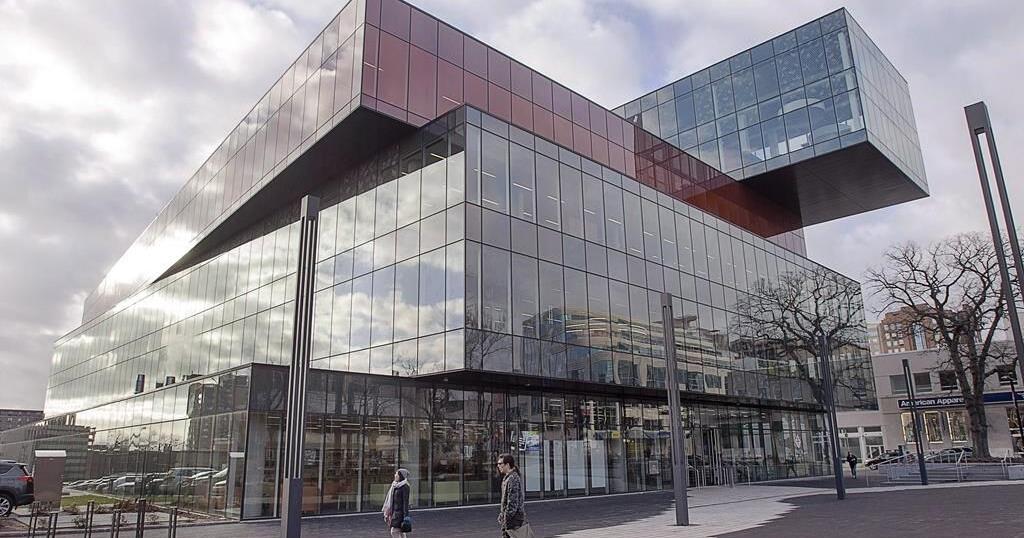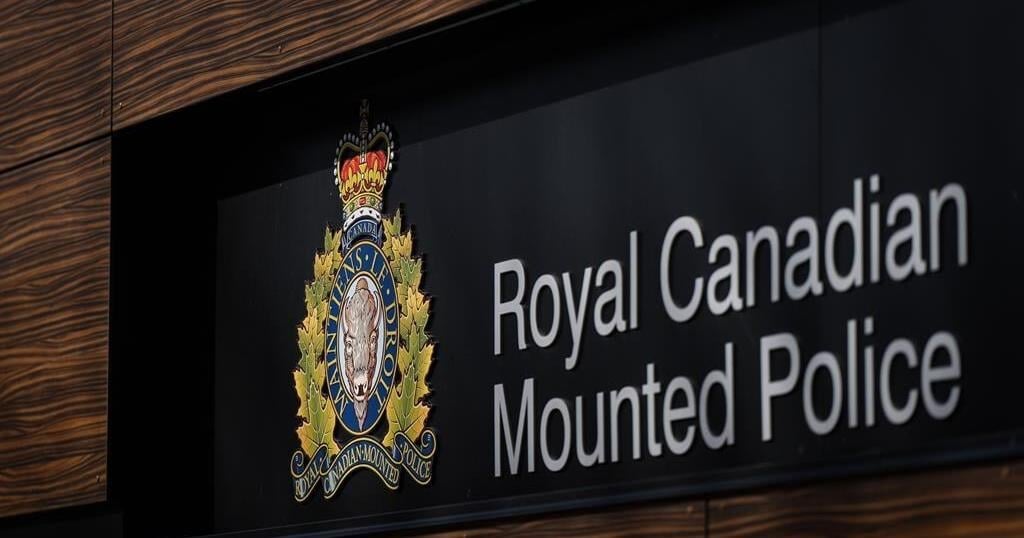HALIFAX – A strike that has shuttered libraries in the Halifax region for the past three-and-a-half weeks could come to an end on Thursday now that the employer and union representing hundreds of workers have reached a tentative labour deal.
The Nova Scotia Union of Public and Private Employees Local 14 and Halifax Public Libraries issued a joint statement on Friday announcing the agreement, though they did not share details on its terms.
It said both library workers and the library board will vote on the deal as soon as possible, and branches will re-open for business on Sept. 19 if it’s approved.
Chad Murphy, spokesperson and vice president of NSUPE Local 14, said voting for library workers opened Saturday morning and will close at 12 p.m. Sunday. He declined to share details of the deal but said the membership met to “review the offer in its entirety” on Friday night.
About 340 workers at libraries across the region have been on strike since Aug. 26 as they fought for improvements to wages they said were “miles behind” other libraries in Canada. Negotiations broke down after the employer offered the workers 3.5-per-cent raises in the first year of a new contract, and then three per cent in each of the next three years.
Library service adviser Dominique Nielsen told The Canadian Press in the first week on the picket line that those increases would not bring wages up to a livable wage for many workers, adding that some library workers sometimes have to choose between paying rent and paying for groceries.
When the strike began, employees were working under a collective agreement that expired in April 2023. Librarians make between $59,705 and $68,224 a year under that agreement, while service support workers — who are the lowest paid employees at Halifax Public Libraries — make between $35,512 and $40,460 annually.
By contrast, the lowest paid library workers at the London Public Library in London, Ont.— a city with a comparable population and cost of living to Halifax — make at least $37,756, according to their collective agreement.
Library workers also cited a changing workplace as another reason why they rejected Halifax Public Libraries’ first offer. Libraries have become gathering spaces for people with increasingly complex needs, and it is more common for library workers to take on more social responsibilities in addition to lending books.
“We need to ensure that members are able to care for themselves first before they are able to care for our communities,” an NSUPE strike FAQ page reads.
Other issues at play during the strike have included better parental leave top-up pay for adoptive parents and eliminating a provision of the collective agreement that calls for dismissals for employees who are absent from work for two days or more without approved leave.
This report by The Canadian Press was first published Sept. 14, 2024.






























